EU to support open IT standards
Dominant players in Europe's IT industry will face an EU drive for open standards, starting with services in the public sector.
Monday, 14.06.2010.
11:17

Dominant players in Europe's IT industry will face an EU drive for open standards, starting with services in the public sector. This was revealed by EU's Commissioner for the Digital Agenda Neelie Kroes at a conference earlier this month, EurActiv has reported. EU to support open IT standards Kroes is planning to overhaul the European Interoperability Framework (EIF) to make ICT standard-setting more transparent and make sure public administrations use open source formats to prevent a build up of monopolies in the sector. She criticized the "many authorities" that get locked into proprietary technology for decades, thereby hampering the rise of other market players. "This is a waste of public money that most public bodies can no longer afford," Kroes said. The commissioner said the updated EIF would soon be adopted by the European Commission and would be unveiled later this year. She also hinted that a new framework would include a requirement for standard-setting bodies, like the World Wide Web Consortium and Oasis, to have disclosure rules in order to make it easier for others to use and adapt the technology. Her words come on the back of an April declaration by EU telecoms ministers, who decided to support the freely-available Open Document Format in eGovernment services. The decision was widely regarded as an important step towards diluting the market dominance of Microsoft's Office software. Norway has already implemented ODF as its formal eGovernment standard, with Denmark, Belgium, Netherlands and Sweden not far behind. In addition, the commissioner sent a clear warning to IT giants, saying that anti-trust litigation was not how she planned to increase interoperability in the market. "You no doubt remember that I have some experience with reticent high-tech companies: I had to fight hard and for several years until Microsoft began to license missing interoperability information," the commissioner said. Thomas Vinje, a lawyer representing some of Microsoft's rivals, Adobe Systems, Corel, IBM, Nokia, Opera, Oracle, RealNetworks, Red Hat and Sun Microsystems, claims the company continues to evade calls to make its standards more transparent. Microsoft denies any wrongdoing and admits that there is some "internal inconsistency or ambiguity" in its OOXML code, which may result in errors. The company yesterday welcomed the European Commission's focus on interoperability and the role of open standards in Europe’s Digital Agenda. The IT giant said it has led initiatives to standardize online services for citizens and public administrations with the launch of its Citizen Service Platform in 2008. "We are working closely with the European Commission, standard bodies and with industry towards consistency for all stakeholders in interoperability, technology neutrality in procurement, and more effective standardization for the benefit of all Europeans," a spokesperson for the firm added. In 2006, the European Commission started to revise the European Interoperability Framework (EIF), which is part of the EU Directive on the Interoperable Delivery of European eGovernment Services to Public Administrations, Businesses and Citizens (IDABC). At a 2009 conference in Malmo, Sweden, EU ministers declared their intention to promote interoperable standards "to empower businesses and citizens through eGovernment services designed around users' needs, better access to information and their active involvement in the policymaking process". Though interoperable standards form part of the EU's Digital Agenda, the Commission openly admits it has found these standards hard to define. The EU has fought with Microsoft on antitrust cases involving interoperability. In 2008, the giant was fined $1.3 billion for failing to license its protocols to open source software developers at a reasonable price.
EU to support open IT standards
Kroes is planning to overhaul the European Interoperability Framework (EIF) to make ICT standard-setting more transparent and make sure public administrations use open source formats to prevent a build up of monopolies in the sector.She criticized the "many authorities" that get locked into proprietary technology for decades, thereby hampering the rise of other market players.
"This is a waste of public money that most public bodies can no longer afford," Kroes said.
The commissioner said the updated EIF would soon be adopted by the European Commission and would be unveiled later this year.
She also hinted that a new framework would include a requirement for standard-setting bodies, like the World Wide Web Consortium and Oasis, to have disclosure rules in order to make it easier for others to use and adapt the technology.
Her words come on the back of an April declaration by EU telecoms ministers, who decided to support the freely-available Open Document Format in eGovernment services.
The decision was widely regarded as an important step towards diluting the market dominance of Microsoft's Office software.
Norway has already implemented ODF as its formal eGovernment standard, with Denmark, Belgium, Netherlands and Sweden not far behind.
In addition, the commissioner sent a clear warning to IT giants, saying that anti-trust litigation was not how she planned to increase interoperability in the market.
"You no doubt remember that I have some experience with reticent high-tech companies: I had to fight hard and for several years until Microsoft began to license missing interoperability information," the commissioner said.
Thomas Vinje, a lawyer representing some of Microsoft's rivals, Adobe Systems, Corel, IBM, Nokia, Opera, Oracle, RealNetworks, Red Hat and Sun Microsystems, claims the company continues to evade calls to make its standards more transparent.
Microsoft denies any wrongdoing and admits that there is some "internal inconsistency or ambiguity" in its OOXML code, which may result in errors.
The company yesterday welcomed the European Commission's focus on interoperability and the role of open standards in Europe’s Digital Agenda.
The IT giant said it has led initiatives to standardize online services for citizens and public administrations with the launch of its Citizen Service Platform in 2008.
"We are working closely with the European Commission, standard bodies and with industry towards consistency for all stakeholders in interoperability, technology neutrality in procurement, and more effective standardization for the benefit of all Europeans," a spokesperson for the firm added.
In 2006, the European Commission started to revise the European Interoperability Framework (EIF), which is part of the EU Directive on the Interoperable Delivery of European eGovernment Services to Public Administrations, Businesses and Citizens (IDABC).
At a 2009 conference in Malmo, Sweden, EU ministers declared their intention to promote interoperable standards "to empower businesses and citizens through eGovernment services designed around users' needs, better access to information and their active involvement in the policymaking process".
Though interoperable standards form part of the EU's Digital Agenda, the Commission openly admits it has found these standards hard to define.
The EU has fought with Microsoft on antitrust cases involving interoperability. In 2008, the giant was fined $1.3 billion for failing to license its protocols to open source software developers at a reasonable price.




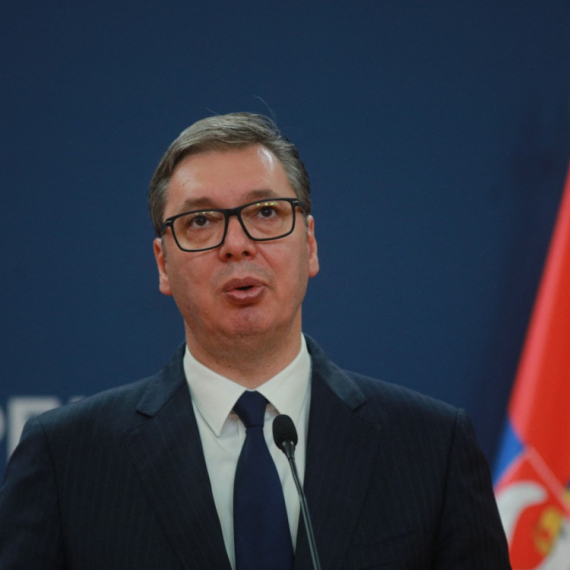






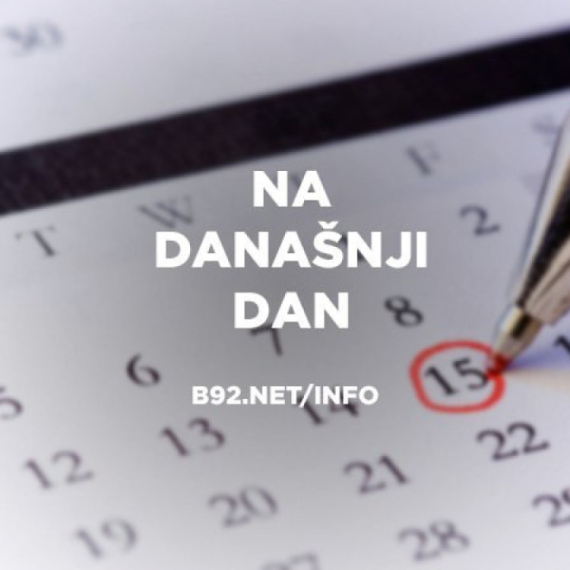

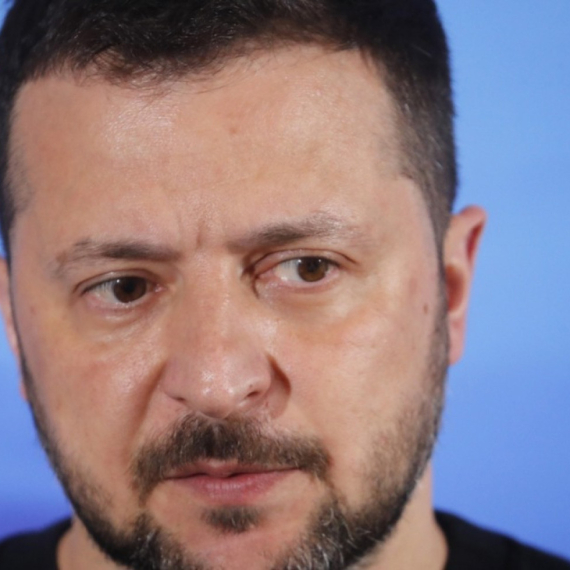






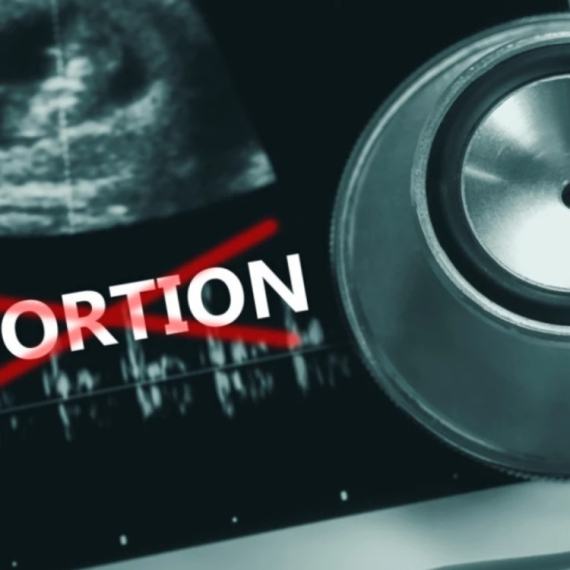

















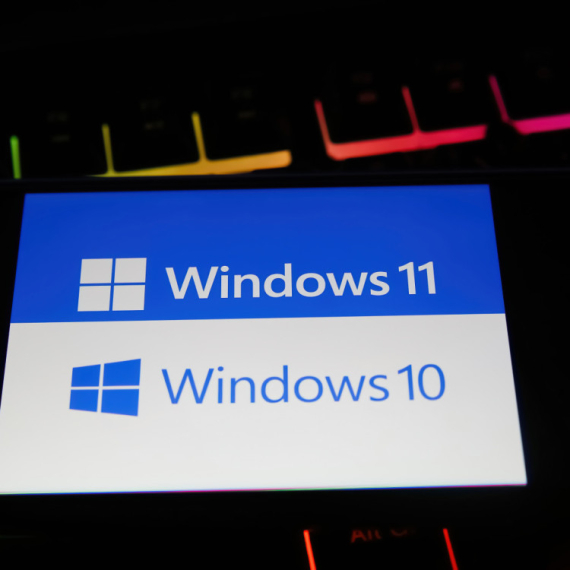





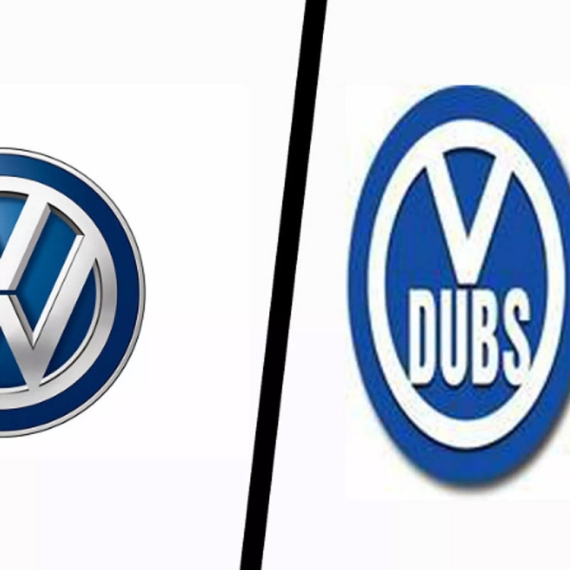



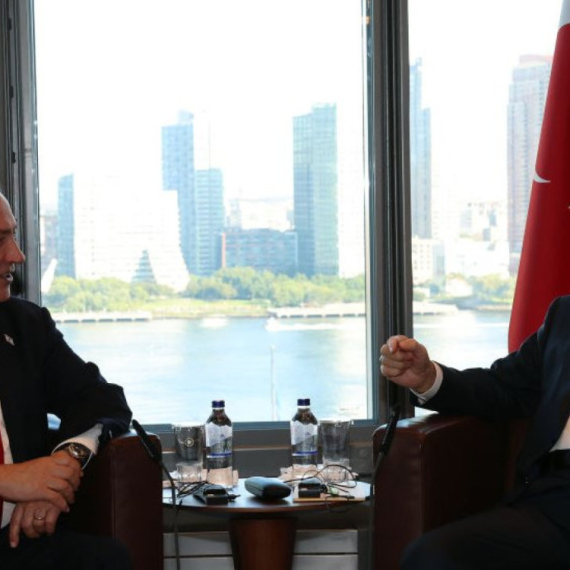


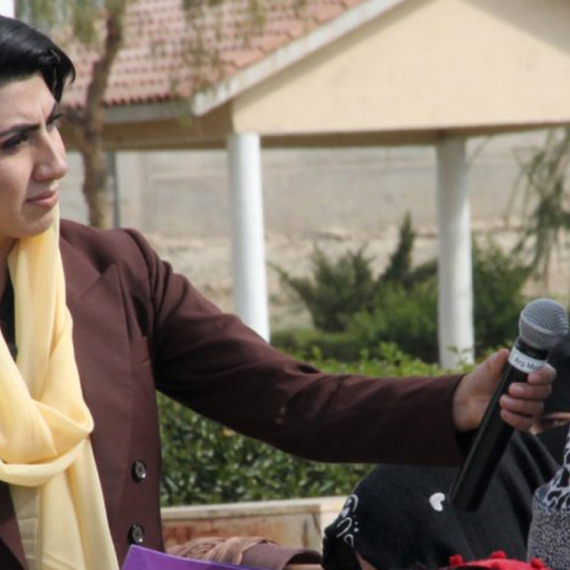

Komentari 0